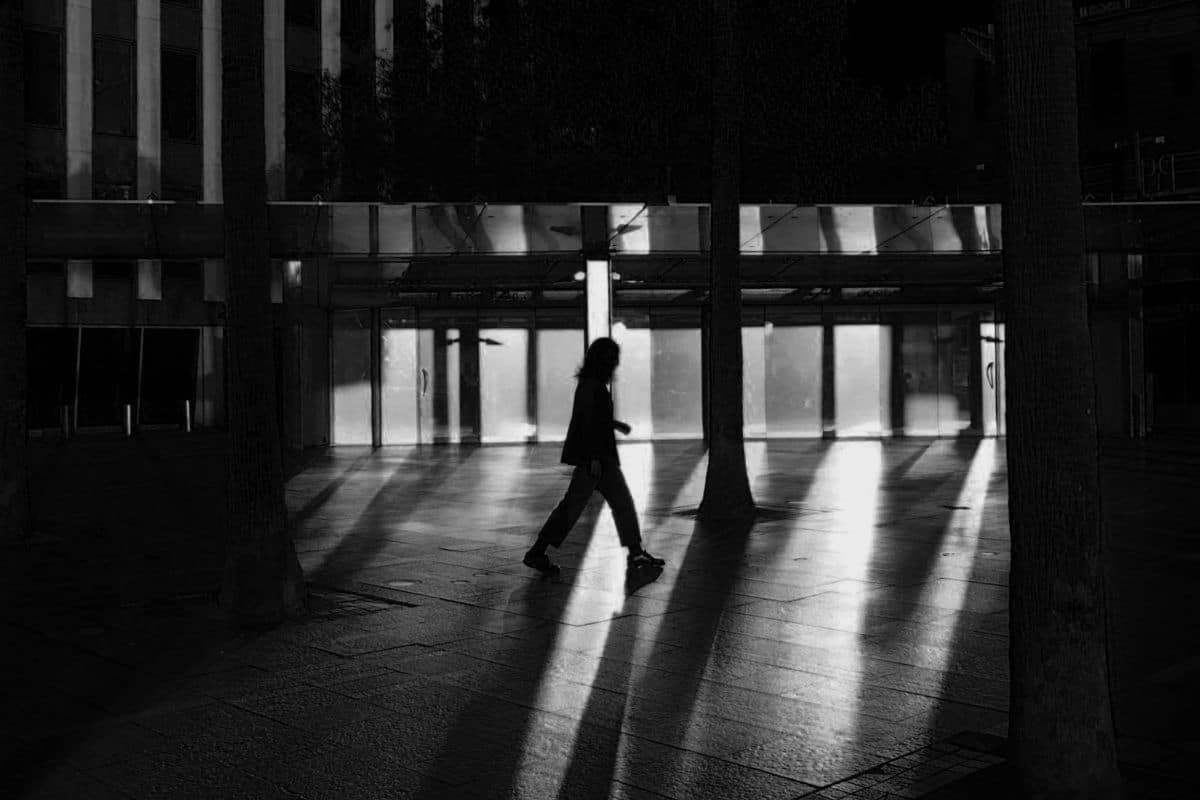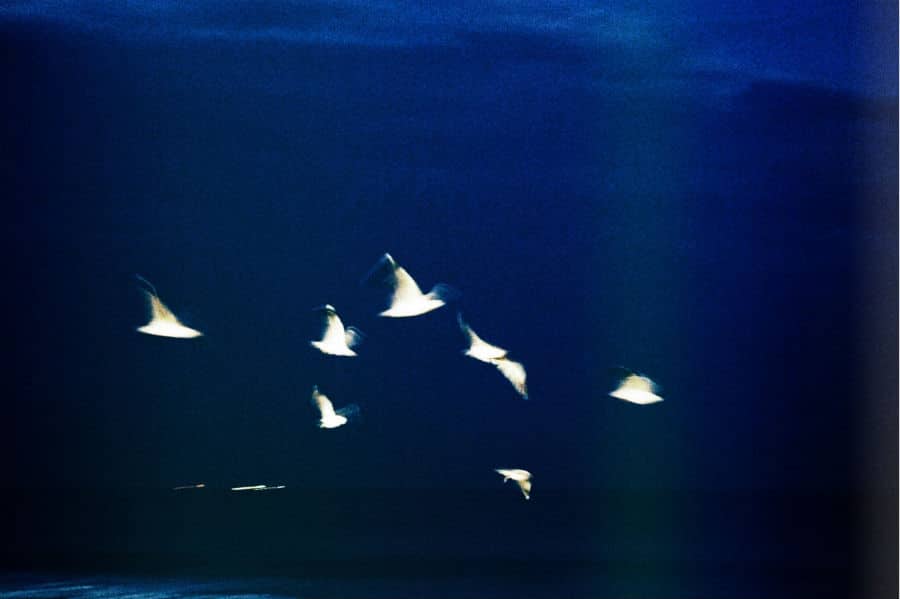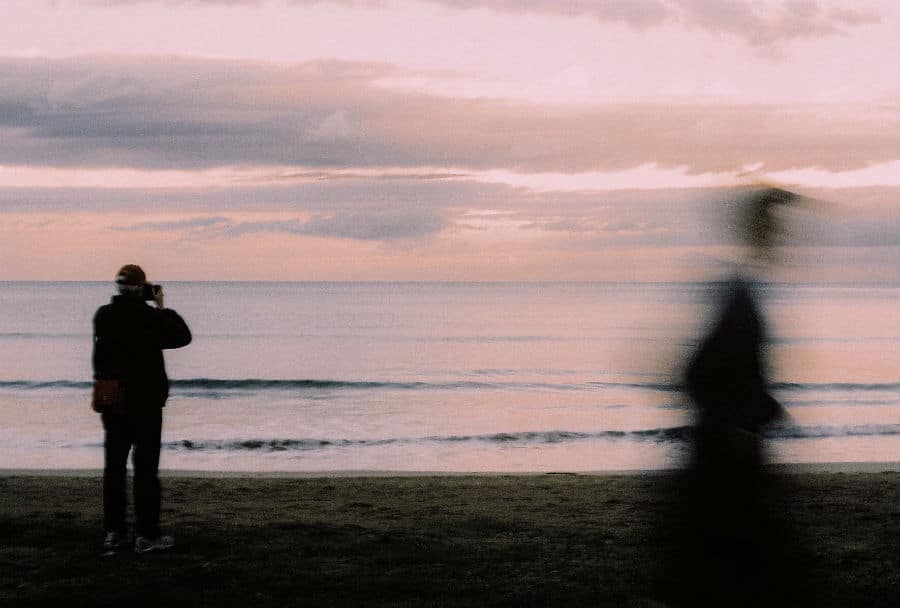
Creativity often emerges out of a crisis. A death; a failed relationship; a university assessment you start the day before it’s due. Or, a global pandemic.
This creative reaction towards hardship can be a means to process grief and our emotional states of being. But, in our regular, everyday life, we don’t always have the time to work through our experiences - especially in the creative ways our body and brains urge us to.
Prior to COVID-19, I recall talking to my partner one night at a crowed bar. I said that I needed some time alone at home to write articles, songs, poems and just be with my thoughts. But I also needed time with him during the day, to stay inside and abandon the pressures of being twenty-something. ‘I know’ my partner said over and over again. ‘It’ll happen.’
Little did I know my desire to fulfil my creative life would come at a cost. That just weeks away from the crowded bar, the world was wavering on the edge of a universal social crisis. One that would alter the ways in which we will experience daily life; but also one that would be fuel for social change.

But, with all this new time for creative outlets and to express and regulate my emotions, I, along with many others, was not prepared. Not prepared for how confronting this time alone would be.
As Victoria settles into yet another lockdown, it is clear that the social changes triggered by the pandemic have forced us to readjust - individually and collectively. And the longer we're at home, the novelty of our time indoors wears off. The self-development benefits of time alone are waning.
I am left with time to create art, decompress and make time for the self care my body called for so desperately prior to COVID. But now, the yearning for those rituals don’t feel all that necessary - my body is in a constant state of relaxation.
It leads me to question, what will I have to show for all this time post isolation?
If I am so creative, where are all my creations?
These questions, I know, are not at all productive. In fact, they're self sabotaging the creative mind. But they did make me question my fixation with feeling like I should be doing more.

I constantly imagine myself somewhere after quarantine, riddled with the pressure of day-to-day life, darting around the city, saying yes to every invitation - and privately wishing for more time again. On a crowded train I imagine myself wondering, ‘Did I make the most of isolation?’.
The expectation I put on myself to always be creating comes from being a creative person - pandemic or not. But, during this time, I can’t help but feel stressed out by the idea of leisure.
I can’t help but feel as though I’ve been sent to my room to create; and expected to emerge an artist.
So, what to do with this feeling?
I have taken comfort in knowing - really knowing - that this pressure is self inflicted. That I do not need to have an audience for everything . That turning every hobby into a potential professional career, isn’t all that realistic. You should create for yourself first - and if you end up sharing your work, whoever is at the receiving end of it would be so lucky.
Setting mini deadlines is a sensible approach to combating artists block, because it makes tasks accessible to achieve. Although that might feel like a restriction on creativity, working within the flexibility of a personalised timetable means you have something to look forward to each day. There is no better feeling than setting realistic goals and meeting them.
When I have a side project or an idea, I talk about it all the time. It's a way make it real, tangible and a way for me ask others for advice. So, if you have something you want to create, tell anyone and everyone. Talking out loud will help you understand it better. You’ll get others encouragement and be inspired by their excitement for your concept. It will help your ideas grow and feed them and it has the potential to open doors to future collaborations.

Reducing distractions improves concentration too - as millennials are so often told. We all know it's easy to get sucked into the black holes of our phone screens, beckoned by a stream of covetable images. Recognising when social media makes you feel icky and learning to put down your device is a skill. Practice it. Self policing is not easy, but when you know you have exceeded your daily intake and need to switch off, it can be as simple as shoving your phone in a dark chest of drawers. Out of sight and out of mind.
But the most important tip of all is to give yourself a break. Ask yourself what you need and know that every day, the answer will be different.
If you need to lie in bed all day, then that is what you should do.
We've all discovered how creativity has connected us in new ways. And we are trying to do our best to stay well. From learning which banana bread recipe works best, to communicating with loved ones in different ways.
Although these particular activities are mostly to quell a mixture of both boredom and escapism, there is no right or wrong way to approach them. Just your way.
Our varying degrees of privilege means our individual experiences in isolation are vastly different. But at the core there is our human need to create.
No one knows what ‘normality’ will look like. The day we will one day, cautiously and hurriedly, emerge from our home spaces.
But, eventually you will be back on a crowded dance floor. You will think back to the months of weekends spent at home, doodling, or dancing alone with vino for one.
You will feel an overwhelming appreciation for the essential workers, for all of us wearing masks and think of everyone in their homes, navigating a different version of the same isolation.
And although we like to believe that we are different, one thing that the virus shed light on, it is that we are all so much the same.
A personal essay by Indah Dwyer
Photography by Lucy Cawood.



